In our previous article, we explored the commitment of the NED Foundation to health cooperation in East Africa, especially in Zanzibar. Since its beginnings, volunteering has always been fundamental to the success of its projects, because without the dedication and effort of many people we would not have achieved what we have today. Currently, the volunteers of PsicoNED are taking their commitment to new areas, focusing on neuropsychological care for children with hydrocephalus and spina bifida.
Since its beginnings, volunteering has always been fundamental to the success of its projects, because without the dedication and effort of many people we would not have achieved what we have today. Currently, the volunteers of PsicoNED are taking their commitment to new areas, focusing on neuropsychological care for children with hydrocephalus and spina bifida.
In this post we want to highlight the driving force of our PsicoNED project: volunteering. We will tell you how volunteers make this innovative program possible, their roles and responsibilities, how you can join us and what a cooperation stay with our team entails.
Keep reading to discover more about our work and how you can be part of this transformative experience!
Volunteering at PsicoNED
Volunteering at PsicoNED is much more than a simple contribution; it is a deep commitment to the well-being and development of the children of the House of Hope. Volunteers not only share their knowledge and experiences, but also act as agents of change and hope for many families.
How did it start?
Volunteering at PsicoNED arose as a response to a need that the NED Foundation had identified since the project for the House of Hope was conceived. We understood that, to provide comprehensive support to children with hydrocephalus and spina bifida, we first needed to have the appropriate infrastructure and resources. With this clear vision, we worked tirelessly to create the right environment to launch this ambitious initiative.
The creation of the House of Hope was a milestone; this center not only provides accommodation and sustenance to the most vulnerable families, but also offers physiotherapy services. In addition, we adapted a van to ensure suitable transportation for children with reduced mobility and equipped the center with technological resources to start the neurorehabilitation program.
Recognizing that neuropsychological assessment was a crucial step to design effective interventions, we launched a research project in collaboration with the International University of Valencia to design a specific assessment protocol for children with hydrocephalus and spina bifida in Zanzibar. In four volunteer missions, we have evaluated more than 100 children and designed individualized intervention programs for 33 of them, who now attend monthly neurorehabilitation sessions. Thanks to the commitment of the volunteers, each child receives an intervention adapted to their specific needs.
Objectives and functions of volunteering
Volunteers at PsicoNED have diverse objectives and adapt to the needs of the House of Hope and to their own professional experience. The two main objectives are:
- Contribute to the development of the neuropsychological care program at the House of Hope.
- Promote the continuous training of the center professionals linked to the program.
To achieve these objectives, volunteers carry out various functions, including:
- Neuropsychological intervention and supervision:
- Neuropsychological assessment.
- Design of personalized interventions.
- Direct neuropsychological intervention with patients using the NeuronUP platform.
- Supervision of the interventions carried out by local staff.
- Training and professional development:
- Ongoing training of staff in psychology and the use of NeuronUP.
- Organization and preparation of materials:
- Preparation and organization of the material necessary for the interventions.
- Meetings and coordination:
- Meetings with social agents and health personnel.
- Constant communication with the project coordinator in Spain.
- Community activities:
- Home visits.
- Workshops and activities with families.
- Identification of new needs and proposal of future actions.
Each mission is unique and may involve carrying out almost all these functions or deepening in some according to the needs of the moment.

Subscribe
to our
Newsletter
Cooperation stays
How to be part of the experience?
Participating in a cooperation stay with PsicoNED is a simple and accessible process. Interested parties can visit the Foundation’s website, where they will find the application form in the “Volunteering” section. After selecting the project and completing the form, we will contact you for an information session where we will explain the project in detail and evaluate whether your profile fits our needs.
What is a typical stay at PsicoNED like?
All cooperation stays take place in Unguja, Zanzibar, and usually last approximately 12 days. We organize pre-departure meetings to guide volunteers on flights, accommodation and the planning of activities.
During the missions, volunteers have the constant support of the center’s coordinator and the team in Spain.
At the end of the mission, volunteers can continue collaborating in the program through a collaborative working group between the volunteers and the staff of the House of Hope. We are open to any proposal that arises from this experience.
Future lines of action for PsicoNED
Currently, we are focused on refining the neuropsychological intervention and on staff training. However, we are also developing other initiatives, such as:
- Occupational workshop for youth: to promote their autonomy and personal development.
- Support group for women: a mutual support space to address issues related to wellbeing, parenting and mental health.
- Program to coordinate between families and schools: to ensure comprehensive care and support the school integration of the children.
Your participation is crucial. You can join our missions, support through resources or knowledge, or simply help spread our mission. Each contribution has a significant impact on the people we support. We would love to answer any questions and give you more information about how you can get involved in the project!
Don’t miss other related content about the Zanzibar project:
“This article has been translated. Link to the original article in Spanish:”
El voluntariado en PsicoNED: Transformando vidas a través de la neuropsicología
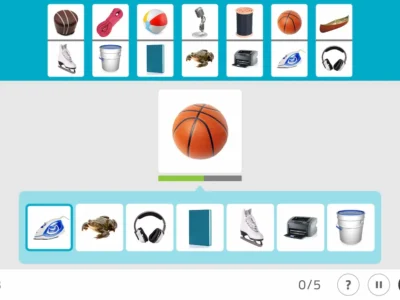
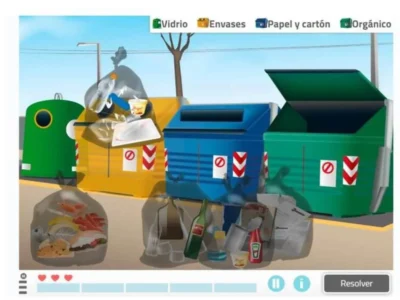
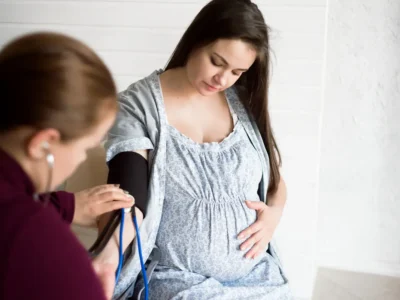
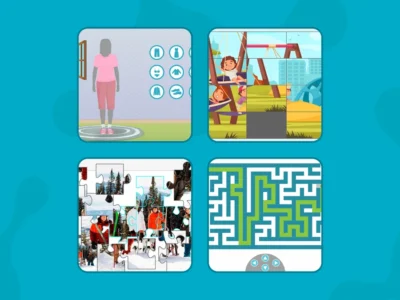
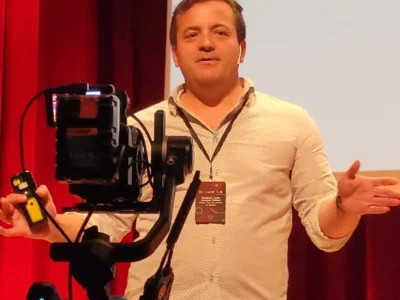

 What is the neuropsychological profile that people with multiple sclerosis typically present?
What is the neuropsychological profile that people with multiple sclerosis typically present?
Leave a Reply